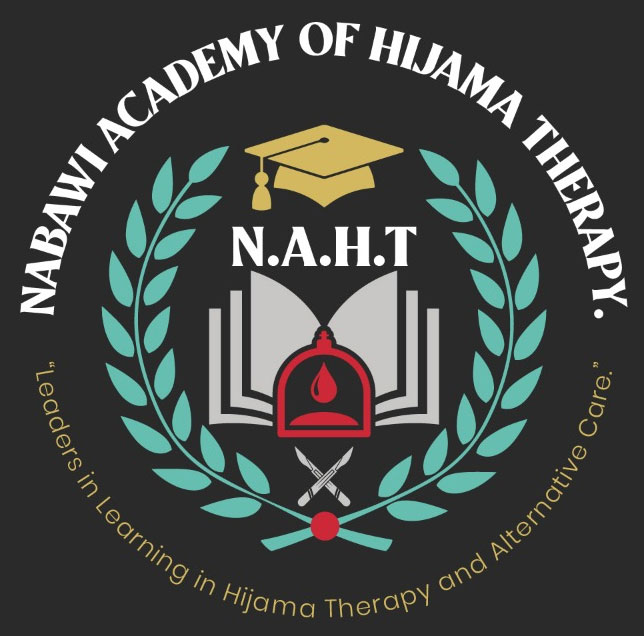Module-1-
1.0 Introduction to Ayurveda.
1.1 Historical Origins and Evolution of Ayurveda.
1.2 Fundamental Principles of Ayurveda: The 5-elements (Pancha Mahabhutas) and Doshas.
1.3 Ayurvedic Philosophy: The Concept of Prakriti (Individual Constitution).
Module-2-
2.0 Ayurvedic Anatomy and Physiology.
2.1 Tridosha Theory: Vata, Pitta, and Kapha.
2.2 The Seven Tissues (Dhatus) and Their Functions.
2.3 The Importance of Agni (Digestive Fire) in Ayurveda.
Module-3-
3.0 Ayurvedic Diagnostic Methods.
3.1 Pulse Diagnosis (Nadi Pariksha).
3.2 Tongue Diagnosis (Jihva Pariksha).
3.3 Examination of Eyes, Skin, and Other Physical Signs (Darshanam and Sparshanam).
3.4 Interpreting the Symptoms of Imbalances (Vikriti).
Module-4-
4.0 Ayurvedic Treatment Modalities.
4.1 Panchakarma: Ayurvedic Detoxification and Rejuvenation Therapies.
4.2 Ayurvedic Diet and Nutrition for Balancing Doshas.
4.3 Ayurvedic Herbal Medicine: Preparation, Properties, and Usage.
4.4 Ayurvedic Lifestyle Recommendations for Health and Harmony.
Module-5-
5.0 Ayurveda and Yoga.
5.1 Integration of Yoga and Ayurveda for Holistic Healing.
5.2 Pranayama (breathing exercises) for Dosha Balancing.
5.3 Asanas (Yoga Poses) for Specific Health Conditions.
Module-6-
6.0 Ayurveda for Common Ailments.
6.1 Digestive Disorders and Ayurvedic Management.
6.2 Respiratory Issues and Ayurvedic Remedies.
6.3 Stress, anxiety, and mental well-being in Ayurveda.
6.4 Ayurvedic Approach to Skin Problems.
Module-7-
7.0 Ayurveda for Women’s Health.
7.1 Ayurvedic Care During Pregnancy and the Postpartum Period.
7.2 Menstrual Disorders and Ayurvedic Management.
7.3 Menopause and Hormonal Balance in Ayurveda.
Module-8-
8.0 Ayurvedic Management of Chronic Diseases.
8.1 Diabetes and Ayurvedic Interventions.
8.2 Arthritis and Ayurvedic Treatments.
8.3 Cardiovascular Health in Ayurveda.
Module-9-
9.0 Ayurveda and Mind-Body Healing.
9.1 Ayurvedic Psychology: Understanding the Mind and Emotions.
9.2 Ayurvedic Counselling and Therapeutic Techniques.
Module-10-
10.0 Ayurveda in the Modern Context.
10.1 Integrating Ayurveda with Conventional Medicine.
10.2 Ayurvedic Research and Evidence-based Practices.
10.3 Entrepreneurship in Ayurvedic Wellness: Establishing Ayurvedic Centres.
Practicum/Practical Internship:
N.B-Optional Criteria-
The practical element of this course is optional for more hands-on experience and to build the practitioner’s confidence when dealing with patients in real-life situations and in prescribing Ayurvedic remedies. This element of the course incurs an additional fee.
- Clinical Internship:
Students will have the opportunity to observe and participate in real-world Ayurvedic treatment settings, applying their knowledge under supervision. This will be an attendance-based workshop for all students. - Case Studies:
Students will analyse and develop treatment plans for specific Ayurvedic health cases. - Conclusion:
The Diploma in Ayurvedic Medicine provides students with a comprehensive foundation in Ayurveda, allowing them to become skilled practitioners in this traditional healing system. Graduates will be prepared to help individuals and communities achieve health and harmony through the holistic principles of Ayurveda. Whether students aim to work as Ayurvedic practitioners, consultants, or wellness educators, this diploma course equips them with the necessary expertise to make a positive impact in the field of Ayurvedic medicine.








Reviews
There are no reviews yet.